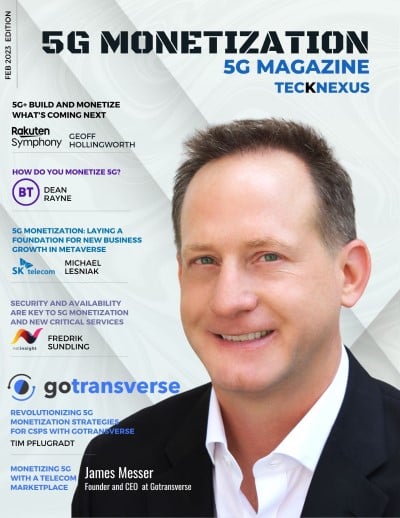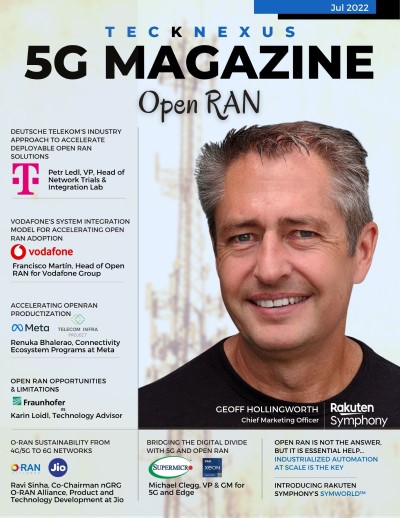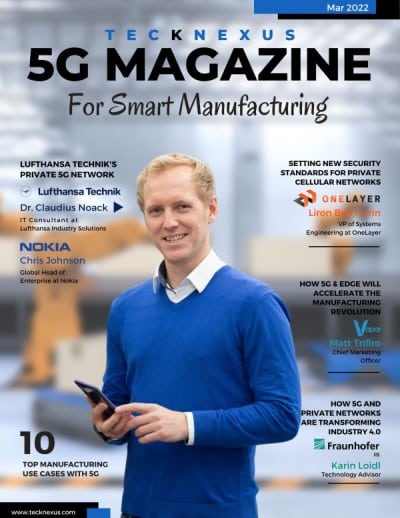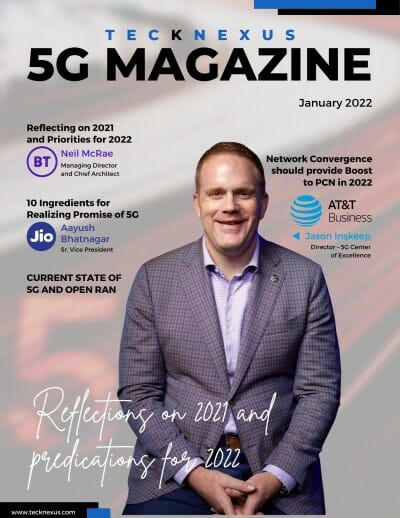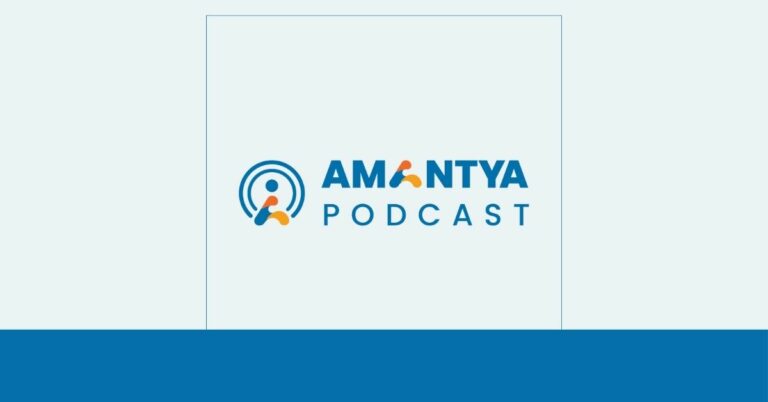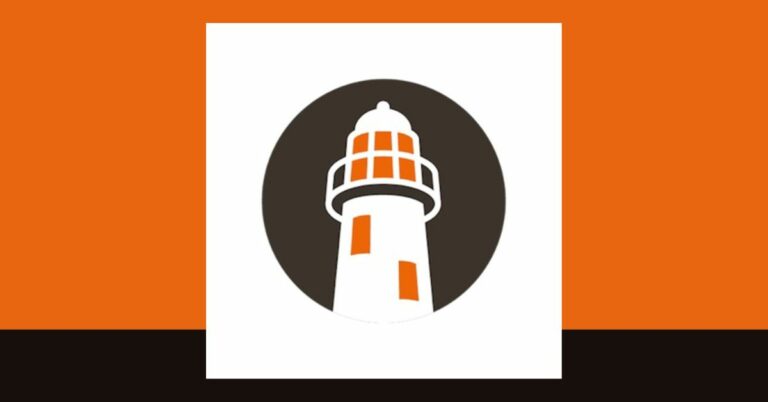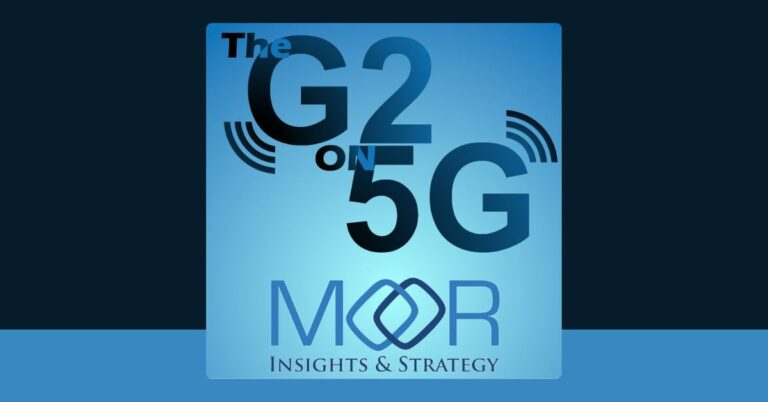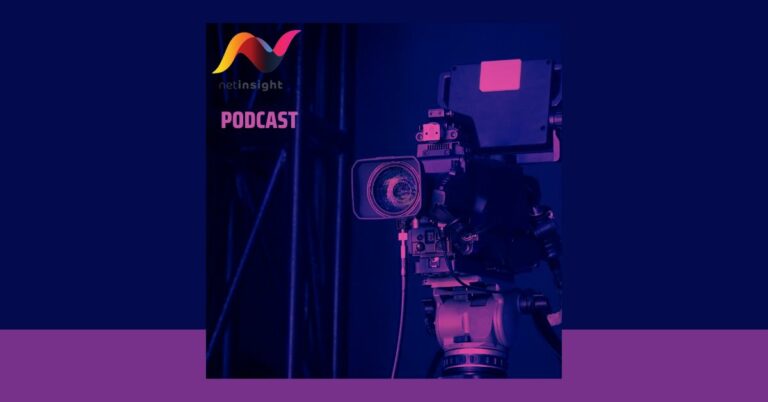Deutsche Telekom will build a 5G campus network in the PCK refinery in Schwedt, Germany’s 13-square- kilometer facility – the equivalent of over 1,800 football fields.
Deutsche Telekom’s Goal for 5G Campus network at PCK refinery
The company stated that the employees would have 5G coverage because of a separate and secure power supply. The telco also said that the 1,200 PCK Raffinerie workers and around 2,000 personnel working for the 80 businesses based on the site would profit from enhanced network access in the future.
Once the project is complete, PCK Raffinerie will use the campus network to monitor and manage technological and maintenance procedures more effectively, while 5G IoT solutions are also planned.
Failure safety for critical infrastructure at PCK refinery
Deutsche Telekom stated that the 2.1 GHz frequency would be used to provide the entire 5G network. The addition and integration of five nearby cell sites will help.
The control room for the entire refinery site will be outfitted with specialized in-house antennas. The carrier also stated that the network would be linked in a redundant and crisis-proof manner via a two-way system. The building is safe from pressure and blast. Here, the network’s expansion must meet stringent security standards.
Timeline for the 5G Campus project for PCK refinery
Deutsche Telekom plans to finish the project by October 2022.
Deutsche Telekom and PCK Refinery Partnership
“Together with PCK, we are establishing the country’s currently largest campus network. Our 5G campus network solutions are adaptable to a wide range of sectors and applications. “When it comes to critical infrastructure like a refinery, the customer must be able to rely on secure and reliable networks,” Telekom Germany’s Hagen Rickmann said.
“The 5G campus with our partner, Deutsche Telekom, is a huge step forward in broadening and accelerating digital processes at our refinery.” “Josef Maily, Managing Director of PCK Raffinerie, said. In the future, our main control center – where operations are handled – will be outfitted with the most up-to-date mobile communication technology. “With the continuous expansion of our business, enhancing mobile coverage has become a real challenge.”
Deutsche Telekom’s Current State of 5G Rollout
The telco has announced that it is now offering 5G services over the 3.6 GHz band in over 140 cities across the country, with 3,500 antennas at almost 1,200 sites.
According to Deutsche Telekom, over 63,000 5G antennas are presently operational throughout Germany, with 6,000 added during 2021.
90 percent of the German population has access to its 5G network, while by the end of 2025, 5G should cover 90% of the country’s territory.
Deutsche Telekom’s Current State of 5G Standalone Upgrade
Deutsche Telekom has completed the technical upgrade of all 3.6 GHz antennas for 5G standalone. According to the telco, the existing core network and the new 5G standalone core network are linked in parallel.
Deutsche Telekom noted that its 5G network is ready for 5G standalone deployment as all sites that transmit on the 3.6 GHz band support this technology with immediate effect.
In 2022, Deutsche Telekom intends to expand 5G Standalone coverage on additional frequency bands.







































